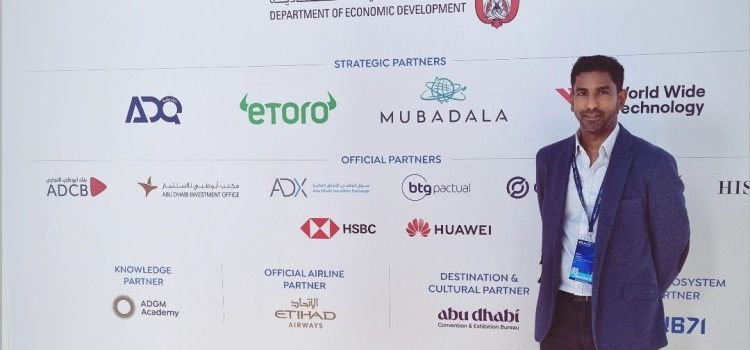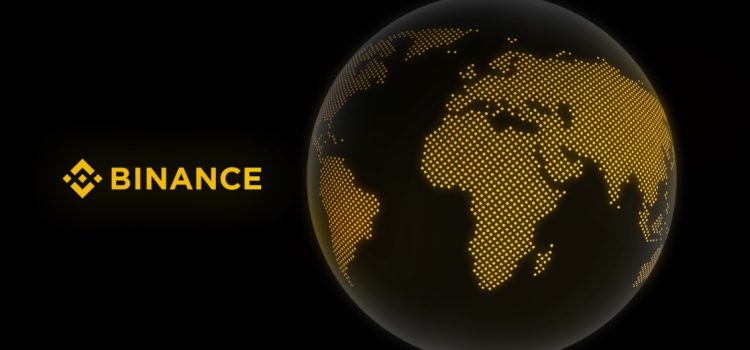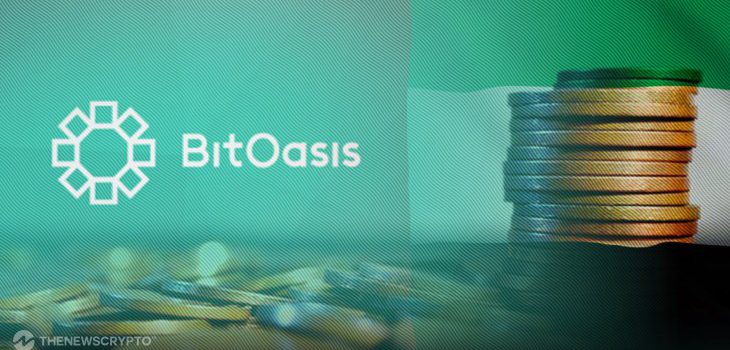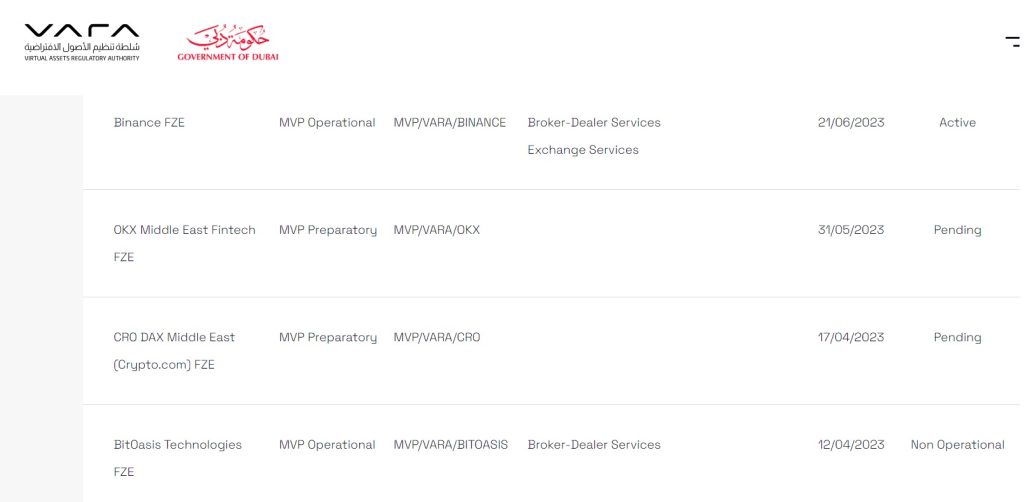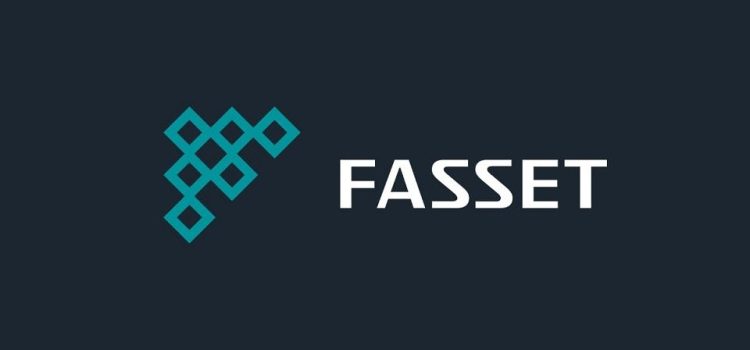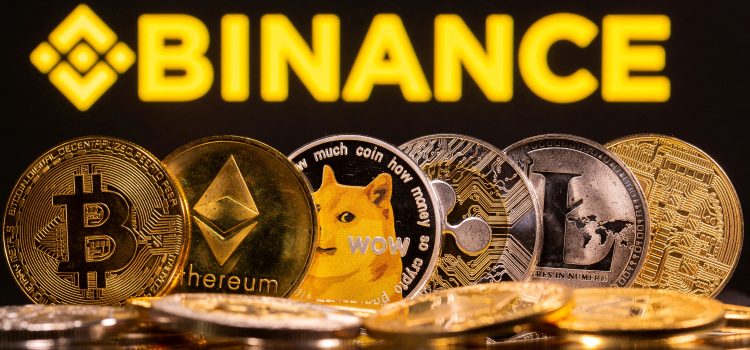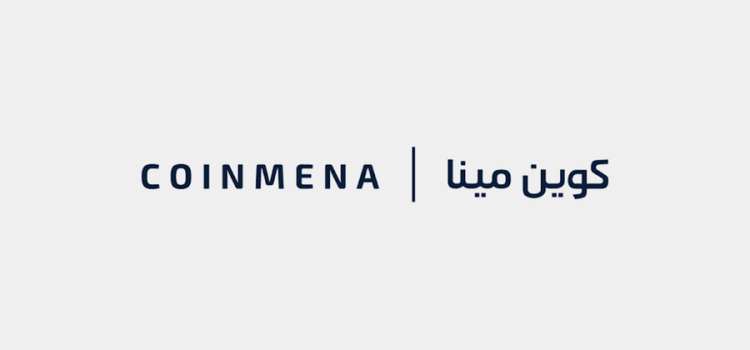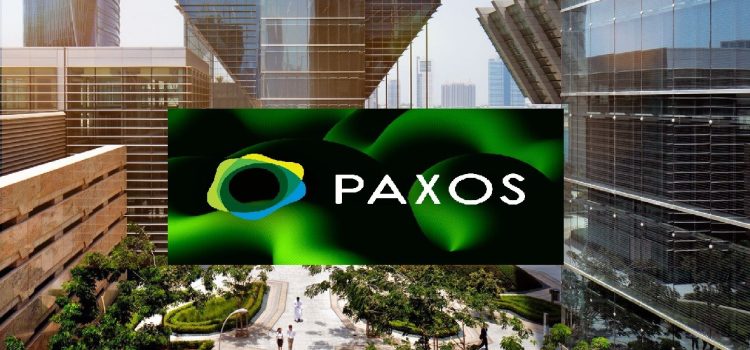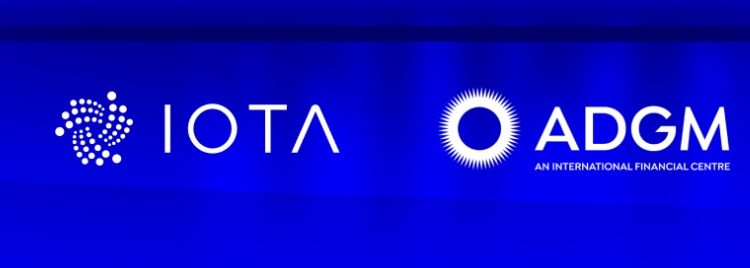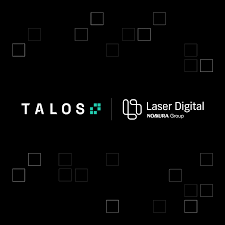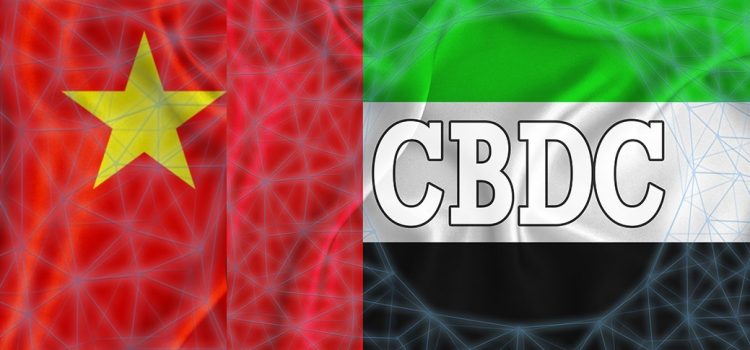
R3 Blockchain is establishing itself more in the GCC and MENA region, with Bryan D’Souza announcing his move to Abu Dhabi as Business Development and Partnerships Manager in the Middle East.
As D’Souza noted on Linkedin, “I’m delighted to finally announce my move to Abu Dhabi with R3, where I will lead Business Development and Partnerships in the Middle East. After extensive travel between London and the GCC, the prospect of making Abu Dhabi my home is thrilling as I embark on this exciting new chapter.
He adds that he is excited to collaborate with GCC’s thriving financial services ecosystem. According to D’Souza, the GCC stands out as a forward-thinking hub of progress due to its dynamic blend of tradition and innovation, as well as a remarkable ability to execute on transformation.
He will be working to flourish digital economies and align with national visions of Saudi Arabia, UAE, Qatar, Bahrain, Kuwait, Oman and Jordan, helping these countries to realize their financial sector developments including banking and capital markets transformation.
R3 will be working with Central banks, FMIs, commercial banks, FinTech, providing practical groundbreaking solutions for digital assets tokenization and regulated digital currencies, including CBDCs.
Last month Bryan D’Souza discussed his fruitful visit to Kuwait.
R3 has been a strong proponent in the Middle East and GCC region working with governments and enterprise on several projects, most prominently the CBDC projects in Saudi Arabia and UAE.
In addition the Qatar Financial Centre Authority and R3 signed an MOU to develop and grow Qatar’s fintech industry using technologies such as DLT (Distributed Ledger Technology) back in April 2023.
D’Souza stated after his visit to Kuwait, “I am thrilled to have experienced my first trip to Kuwait over the last couple of days as part of a mini GCC tour. I am grateful for the warm welcome from our great partners and potential clients. The hospitality of the Kuwaiti people left a lasting impression; warm, friendly, and eager to collaborate.”
He added, “Exciting opportunities ahead and looking forward to returning back to Kuwait soon!”








